Bengaluru, Mar 4: CM BS Yediyurappa may reconsider plans to hike taxes and curtail populist schemes in his budget on Thursday as the Centre released part of GST compensation it owes the state. Officials said the Centre released the first instalment of the bimonthly compensation for October-November amounting to Rs 2,013 crore.
"This is welcome relief as the government has been scrambling to mobilise funds," said BT Manohar, member of GST consultative committee, government of Karnataka. The second instalment of Rs 1,523 crore is also expected to be released soon.
The CM, in his seventh budget, is expected keep the focus firmly on farmers and give top priority to irrigation, agriculture and welfare schemes.
The irrigation sector is expected to land the lion's share with an allocation of at least Rs 25,000 crore, followed by agriculture. Former CM Kumaraswamy had allocated over Rs 17,000 crore for water resources.
The bulk of funds is likely to go to the Upper Krishna (UKP) and Upper Bhadra projects, as it will help backward Kalyana Karnataka and central Karnataka regions. The two are also significant political blocs. The government will also seek assistance from the Centre for the UKP project in the erstwhile Hyderabad-Karnataka region, which enjoys special status under the Constitution owing to its backwardness. P4
Yediyurappa is also expected to spell out populist schemes for the poor.
Former CM HD Kumaraswamy had allocated Rs 17,212 crore in the previous budget for water resources and Yediyurappa is likely to go well beyond that figure. "Priority will be given to irrigation and farmers," Yediyurappa had said recently. "I am making efforts to present a budget within the financial constraints."
he amounts are released once every two months, but the Centre had fallen behind on payments. PX
"There are indications that another payment will be made."
The state's optimism stems from the fact that the Centre's GST collection crossed the Rs 1 lakh crore-mark for four successive months till February.
However, the CM could still hike tax rates marginally. At a pre-budget meet on resource mobilisation where Yediyurappa is learnt to have expressed willingness to borrow funds, officials from the finance department advocated raising tax rates instead.




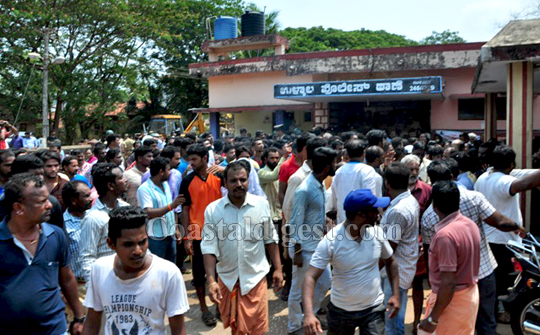
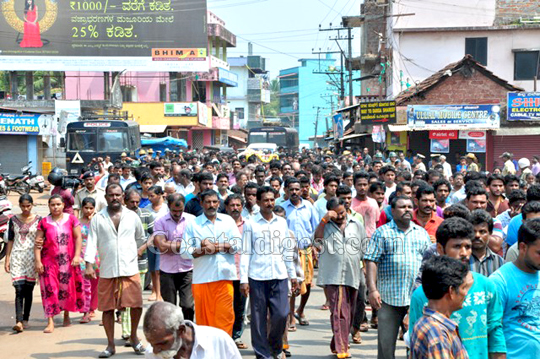
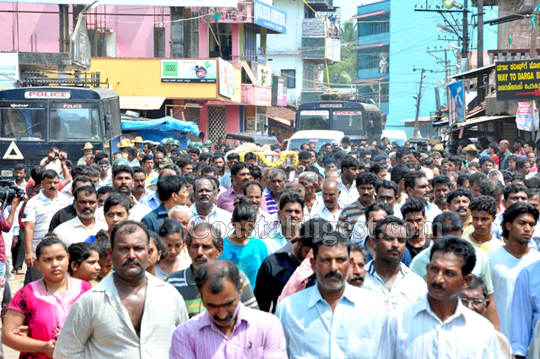
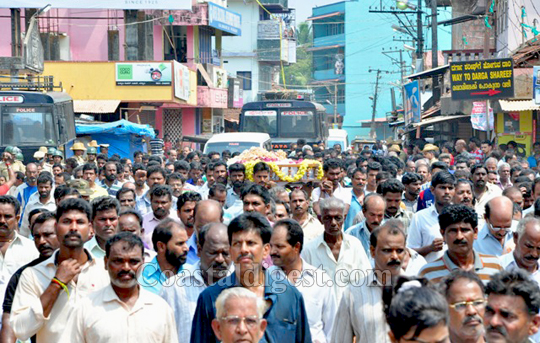
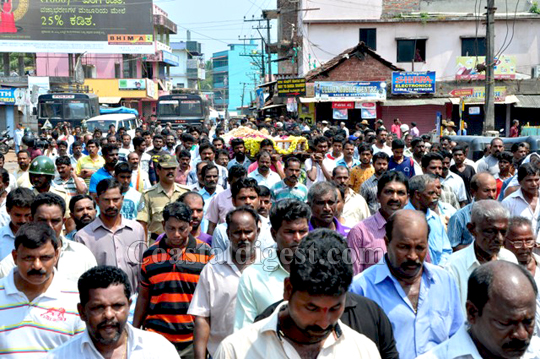
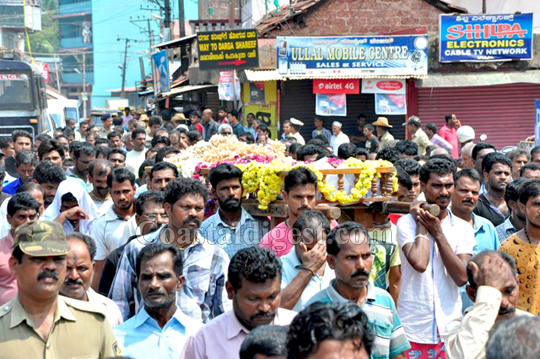
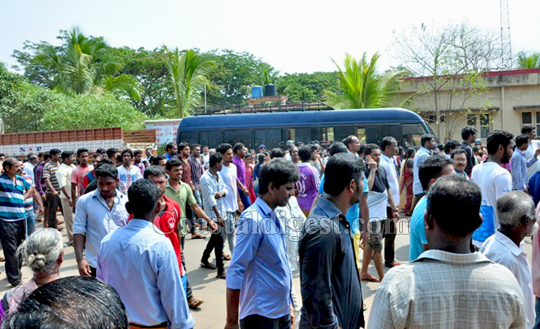
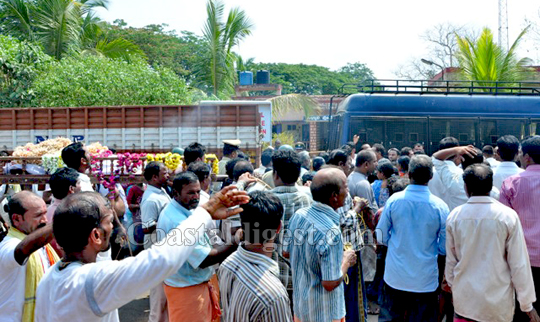
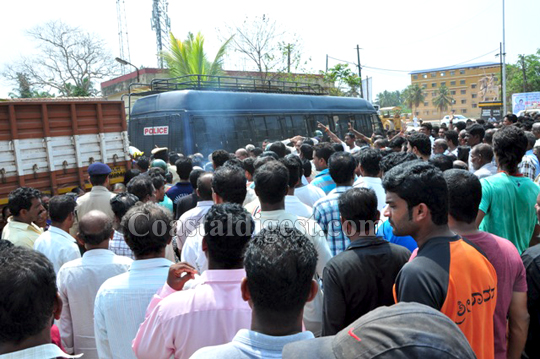
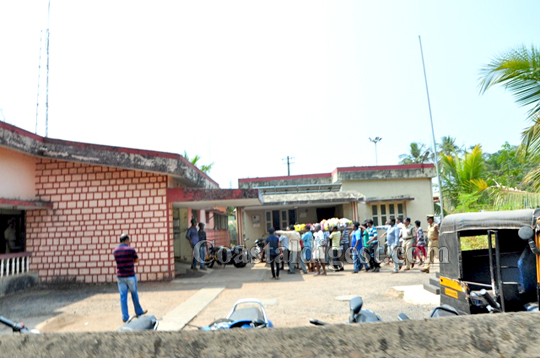
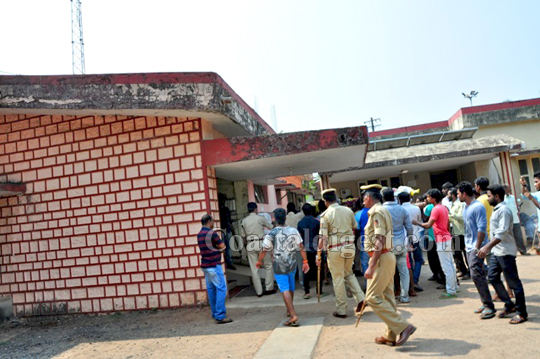
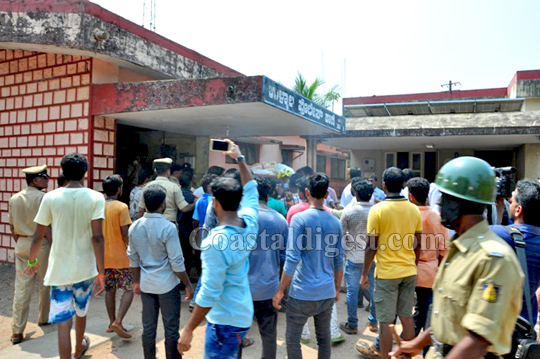
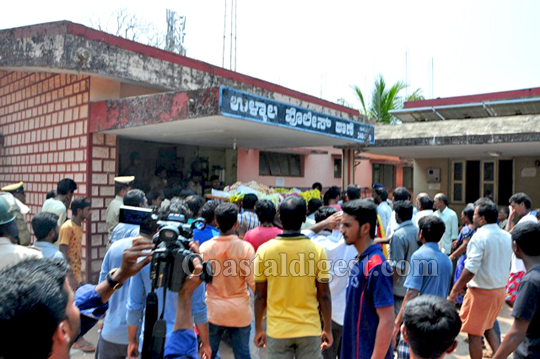
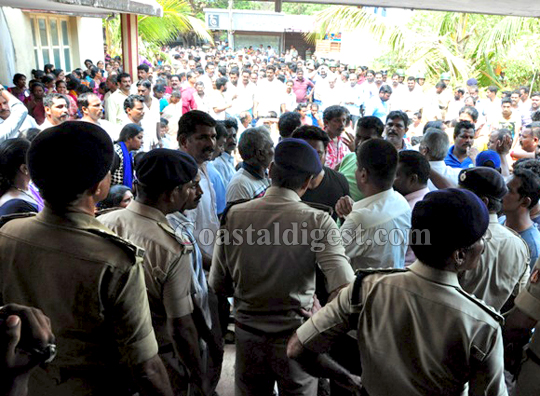
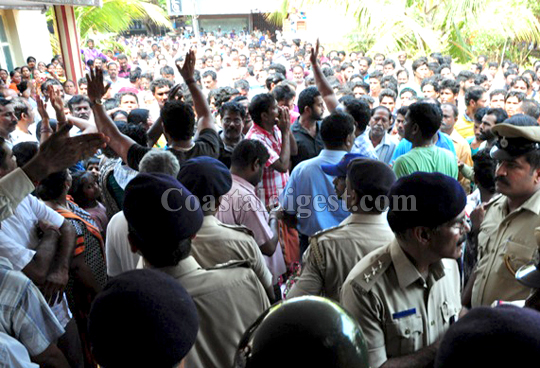
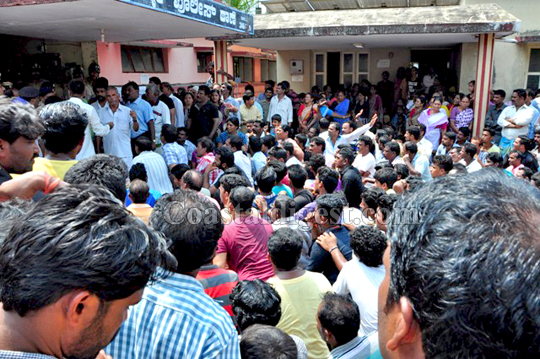
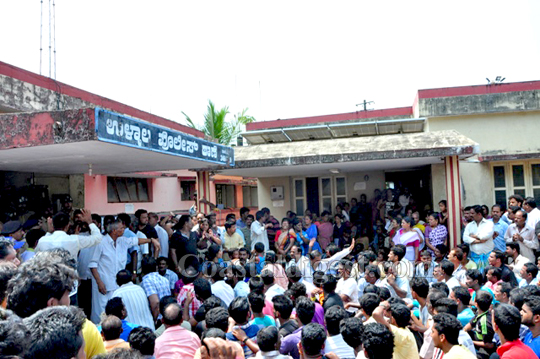
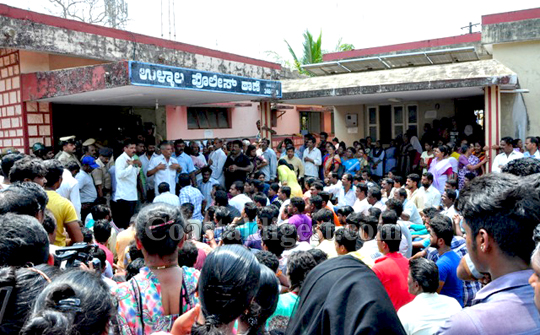
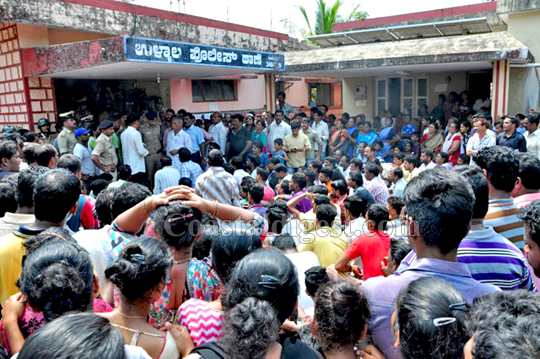
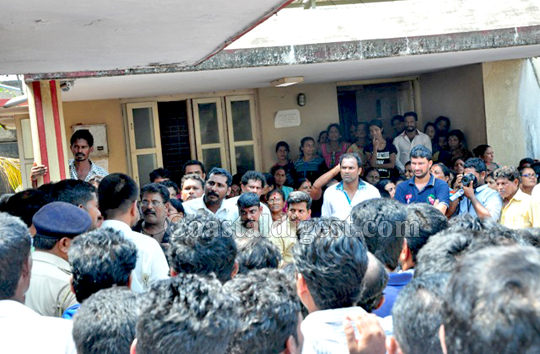
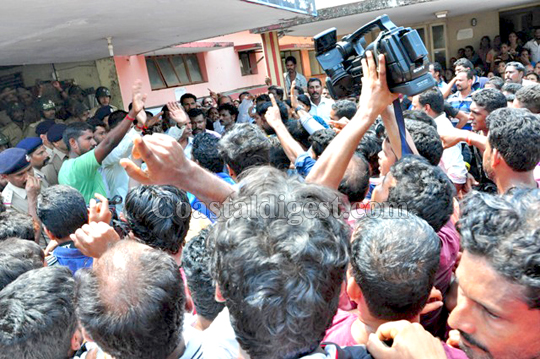

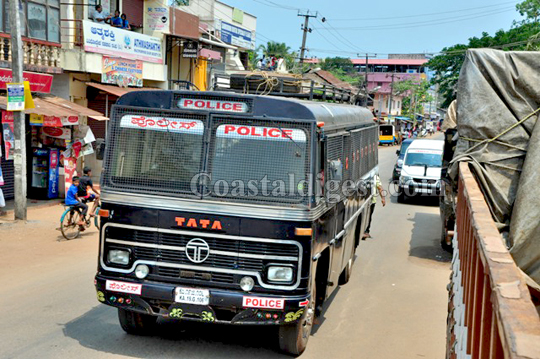
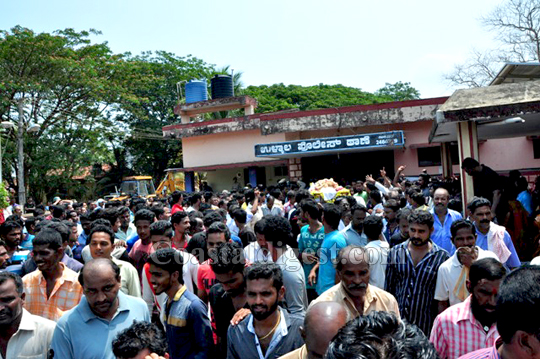
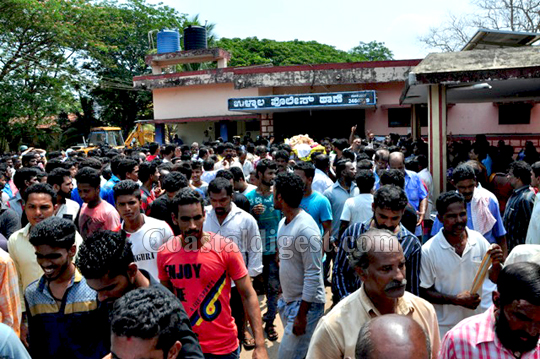



Comments
By the face of gatherings, seems most of them are paid jobless. The pain and loss only effect on respective family members and his dependents. Peace loving public should not respond to any kind of political gain or to support politicians. Support victims family and fight for the justice.
Fellow appearing with smile really unfortunate and non sense behaviour
are danger to human kind. Seems these are the main members of criminal group. Department must keep close watch on such groups.
This height of Politics Even the dead are not spared in INDIA !
Firstly perform the last rights of the DEAD and then protest, every soul should have Peace and Justice.
Crime never pays it will come to light sooner or later, for example the case of RTI activist murder.
Add new comment